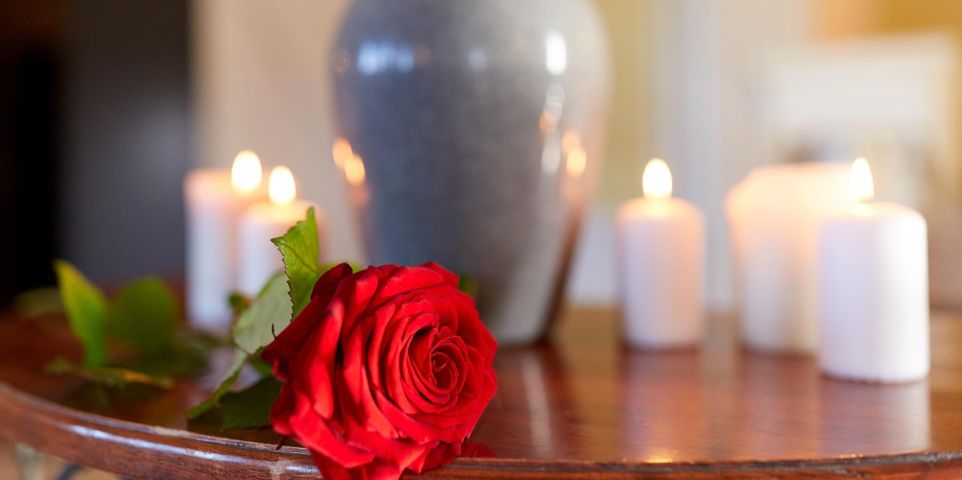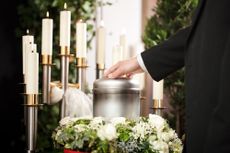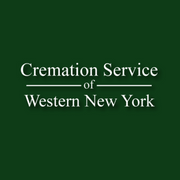
When the time comes to plan a funeral, one of the first decisions to make is choosing between a traditional burial and cremation. While you’re likely more familiar with the first, the latter has become more popular in recent years. To learn more about this option, here are answers to commonly asked questions about cremation.
What You Need to Know About Cremation
What is it?
While a funeral is the ceremony following an individual’s death, cremation refers to the method used to handle the body. In a traditional burial, the body is embalmed. However, during the cremation process, the body is burned and turned into ashes.
Which religions allow cremation?
 Many religions permit family members to cremate their loved ones, including Christianity, Buddhism, and Hinduism. However, members of the Jewish, Greek Orthodox, and Muslim faiths are not allowed to burn the bodies of their loved ones. The Roman Catholic faith allows for cremation but asks its members to put the remains in the ground or a tomb; they can’t be kept or scattered.
Many religions permit family members to cremate their loved ones, including Christianity, Buddhism, and Hinduism. However, members of the Jewish, Greek Orthodox, and Muslim faiths are not allowed to burn the bodies of their loved ones. The Roman Catholic faith allows for cremation but asks its members to put the remains in the ground or a tomb; they can’t be kept or scattered.
What are the benefits?
Some people choose cremation because it eliminates the expenses of embalming or buying a casket, allowing more of the funeral funds to go toward the ceremony. In addition to being cost-effective, it is also environmentally friendly, as you won’t be using wood to create the casket or taking up space outside. Cremated remains are also easier to transport than a body.
What can I do with my loved one’s remains?
Cremation allows families to scatter their loved one’s ashes at a place of sentimental value, such as where they grew up, or a beautiful destination they always wanted to visit. You can also have the ashes buried in a cemetery or placed in a columbarium. If you want your loved one to be close by, you can keep the ashes in an urn at home, or separate them into several containers, boxes, or lockets to give to other family members.
If you’re interested in arranging for your own cremation or that of a late loved one, turn to Cremation Service of Western New York in Monroe County. Since 1991, this esteemed facility has been serving mourning families, allowing them to commemorate their loved ones while honoring their lives in a dignified way. To discuss your needs with a staff member, call (585) 544-4500. Visit the website to learn more about their services.
About the Business
Have a question? Ask the experts!
Send your question

